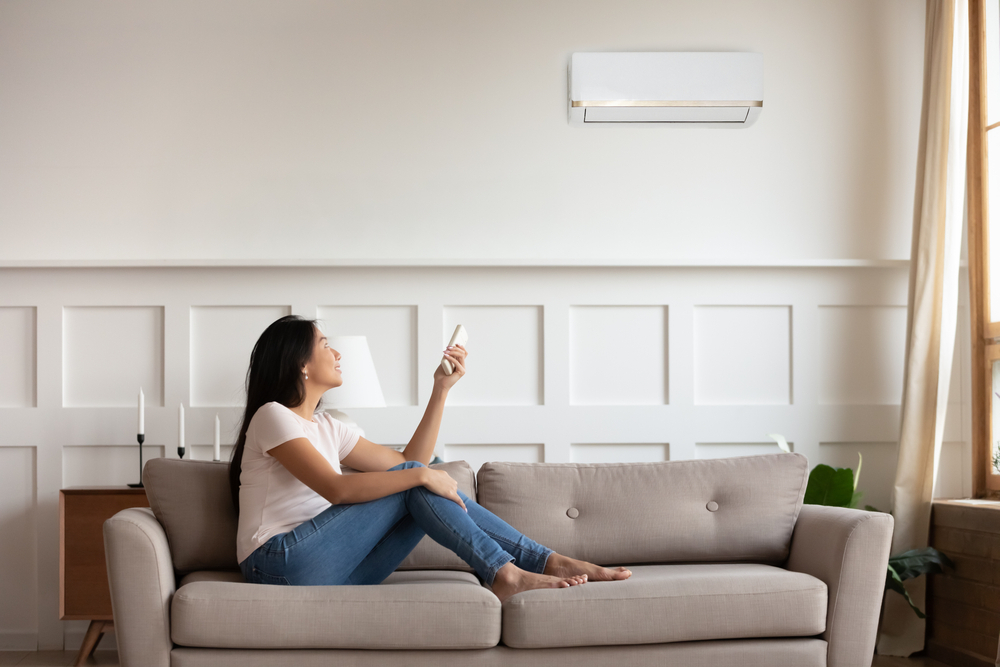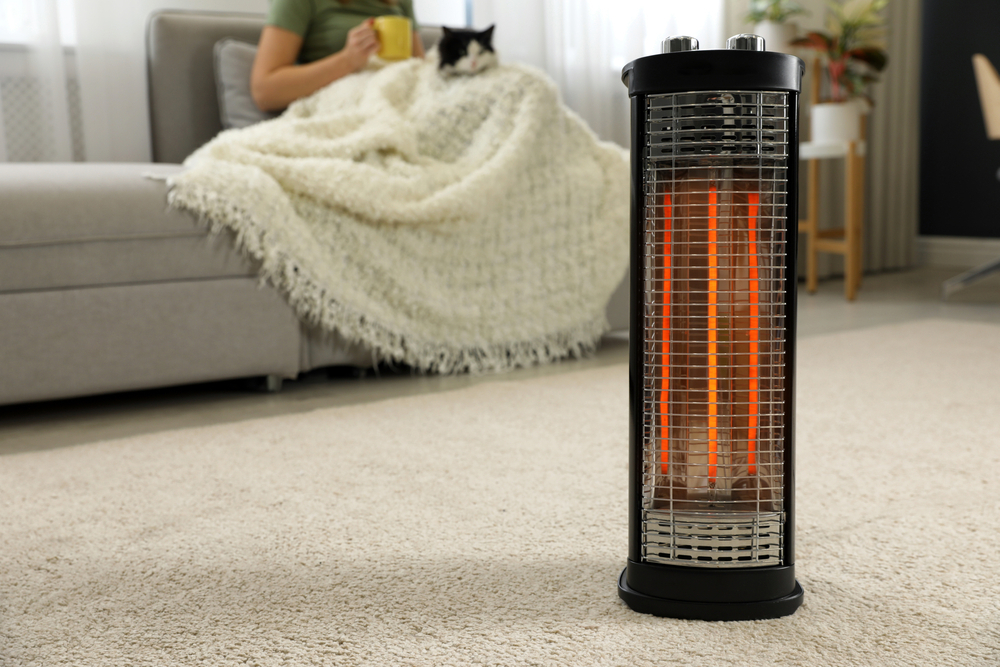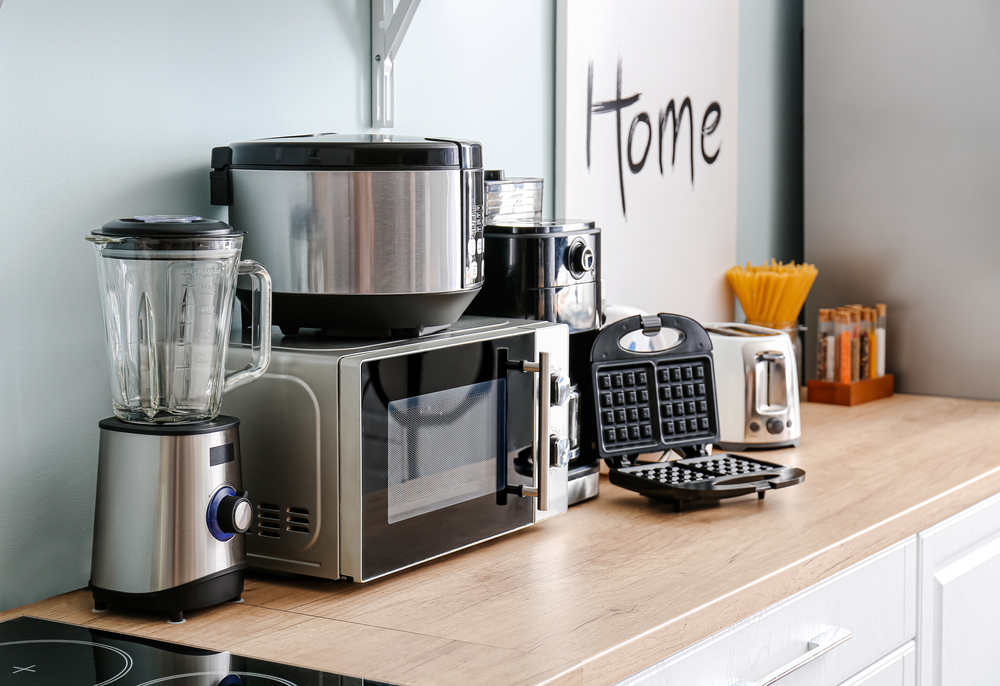Top Energy Consumers in Your Long Island Home: How Solar Saves
LIPA recently announced a transition to new Time-of-Day (TOD) electric rates starting in 2024. This rate structure aims to better align electric costs with periods of high demand through higher peak pricing from 3-7 p.m. on weekdays.
For many Long Island households, using substantial electricity in the afternoons/evenings when kids are home and families prepare dinner could overlap with these new elevated peak rates. This could potentially lead to higher utility bills during already busy times of the day.
Understanding what the biggest users of electricity in the home are and how to reduce consumption is critical to keeping bills low and money in your pocket. One should highly consider investing in a solar power system for your home as a permanent alternative way to save more money long term.
What are the Most Expensive Electricity Users?
Electricity is measured in Watts or Kilowatt, named after the Scottish engineer James Watt. The higher the number of watts, the more electricity is used. This, combined with the length of time an appliance is used for, influences your energy bills. Wattage is usually published on the appliance itself, but if you were asked to pinpoint those appliances eating up the most electricity in your home without looking, could you? Let's discover the most expensive electricity users:

1. Air Conditioning & Heating
Your HVAC system uses the most energy of any single appliance or system at 46 percent of the average U.S. home's energy consumption. Depending on the efficiency of your unit, in a 24-hour period, your HVAC could use around 28-63 kWh, resulting in about 850-1,950 kWh in a month. The below tips could help you reduce your HVAC energy consumption:
- Only use the air conditioning when necessary such as during the hottest parts of the day (usually between 12 and 4 pm)
- Get your air conditioning and furnace serviced regularly.
- Use ceiling fans -- counterclockwise in the summer and clockwise in the winter
- Draw your curtains during sunny warm summer days, but open them during winter to get free heating from the sunlight
- Replace your air filters regularly
- Don't block inside vents or outside units
- Dust and vacuum to prevent clogs
- Dress lightly in summer and warmly in winter
- Use blankets and scarves for extra wintertime warmth

2. Water Heating
A water heater can consume around up to 13.5 kWh per day, or 405 kWh per month and is another large electricity user in the home. Review the tips below to keep the utility bills down:
- Take a shower in place of a bath
- Set your water heater's temperature to 120F or lower
- Wrap an older water heater with an insulation jacket
- Insulate the hot water pipes
- Turn down your water heater when you go on vacation
- Install water-conserving showerheads and faucet aerators
- Upgrade to a solar water heater

3. Appliances
Home appliances account for about 13% of an average home's energy consumption. Here are some tips on how to save on some of your major appliances' energy use:
Refrigerator
An average refrigerator uses about 162 kWh per month. Although you can't use a refrigerator less, you can use these tips below to maximize efficiency:
- Don't overpack your refrigerator
- Keep the most-used products in easy-to-access areas
- Arrange contents for optimal efficiency
- Set your fridge to the manufacturer's recommended temperature
- Regularly clean behind and underneath the refrigerator to maintain airflow
- Replace older refrigerators with modern, energy-efficient models
Washer and Dryer
Washers and dryers take up about 5% of your home's total energy consumption and can use about 3045 watts cumulatively. Keep these tips in mind when doing laundry:
- Wash full loads
- Wash with cold water
- Avoid overfilling the machines
- Use drying racks when possible
- Clear lint after each load
Electric Oven and Stove
At 2,500 watts for an oven and 1,500 for a stove on medium-high heat, using these for one hour a day results in 75 kWh and 45 kWh a month, respectively. These appliances, particularly your oven, can also make your home warmer and increase the load on your AC. Reduce the electricity load from these appliances with these tips:
- Opt to use a smaller appliance such as a toaster oven, microwave, or slow cooker
- Use the oven and stove during cooler hours of the day
- Don't preheat unless it's necessary for the dish to cook properly
- Turn off the burners a few minutes before the dish is done and let the residual heat do the rest
Dishwasher
Your dishwasher can also affect how hard your AC has to work since it can unknowingly heat up your home. Use these tips to reduce your dishwasher's primary and residual energy use:
- Wash full loads
- Turn off heated dry
- Wash during cooler hours of the day
- Pre-rinse heavily soiled dishes to prevent the need for a second cycle

4. Lighting
Lighting uses a significant amount of electricity, especially if the lights are on most of the day. Lighting accounts for about 9% of a typical home's energy use. Light bulbs' energy use can vary widely based on bulb type and usage. A 100-watt incandescent bulb left on for two hours a day uses about 0.2 kWh a day, or 6 kWh per month. Add that up for about 50 bulbs in the household, and it becomes 300 kWh per month. Reduce the electricity usage of your lights with these tips:
- Turn off lights when you leave a room
- Use energy-efficient LED light bulbs to reduce consumption
- Use natural light, especially in winter, when you also get the benefit of heat
- Choose LED holiday lights and put them on timers so they don't stay on all night
- Install motion detectors on outdoor security lights so they only turn on when you need them
5. Television and Media Equipment
Electronics make up about 4% of our energy use. Our electronic entertainment in particular, including televisions, cable boxes, and video game consoles, can use a significant portion of our homes' energy. If we watch an average of five hours of TV a day and play video games for about 6 hours a week, these devices can utilize about 55 kWh of electricity per month. These electronics are also culprits of using standby power even when they are not in use. Keep energy usage in line with the below tips:
- Deactivate standby mode and quick-start settings
- Shop for ENERGY STAR certified electronics
- Reduce screen brightness on televisions and monitors
- Always turn off electronics when they're not in use
- Choose more energy-free entertainment activities like reading and board games
What Can I Unplug? These Household Items Cost the Most Electricity
- Cooling and heating: 47% of energy use
- Water heater: 14% of energy use
- Washer and dryer: 13% of energy use
- Lighting: 12% of energy use
- Refrigerator: 4% of energy use
- Electric oven: 3-4% of energy use
- TV, DVD, cable box: 3% of energy use
- Dishwasher: 2% of energy use
- Computer: 1% of energy use
How You Can Save with GreenLogic's Solar Panel Installation

The most effective way of saving money on utility bills is to install home solar panels. Photovoltaic cells are built into solar panels. These cells attract sunlight and convert it to electricity. The more light there is the more electricity is created. The electricity created from your panels can either be used in your home or sent to a utility company to be banked for use in the future. Solar panels are easy to fit, GreenLogic will visit your home and advise on where these are best placed for both functional and aesthetic purposes.
Take Control with Solar + Battery Storage
GreenLogic solar experts can help determine the right system design and size to offset your peak usage. While LIPA states most customers won't see major impacts, households using more electricity in the evenings are still vulnerable.
Take control of your home's energy costs for years to come. Contact GreenLogic to learn more about solar options that can provide savings stability in light of LIPA's upcoming rate changes. Investing now means certainty for your household budget.
Get Started Today!
Give us a call or fill out the form to schedule your free consultation and start putting the sun to work for you.
Give us a call 631.771.5152
